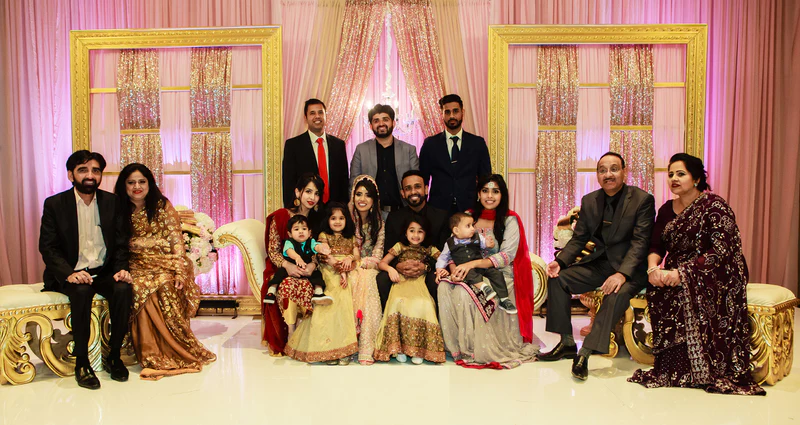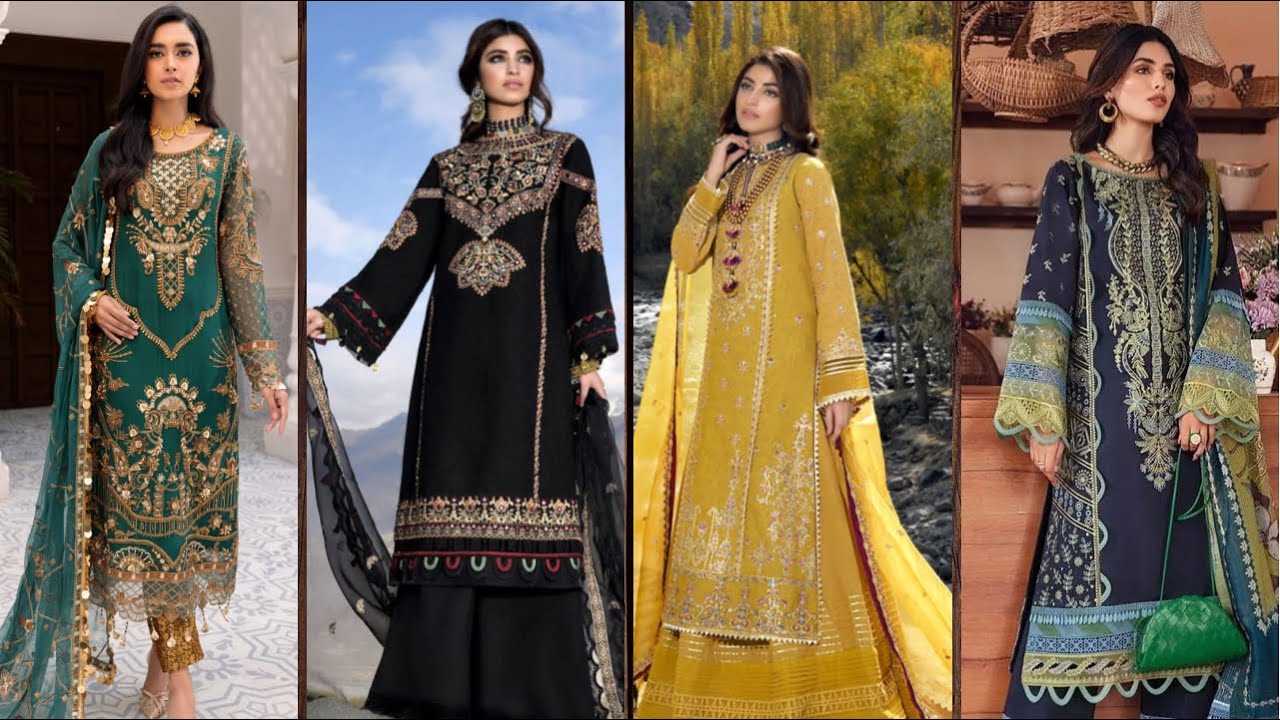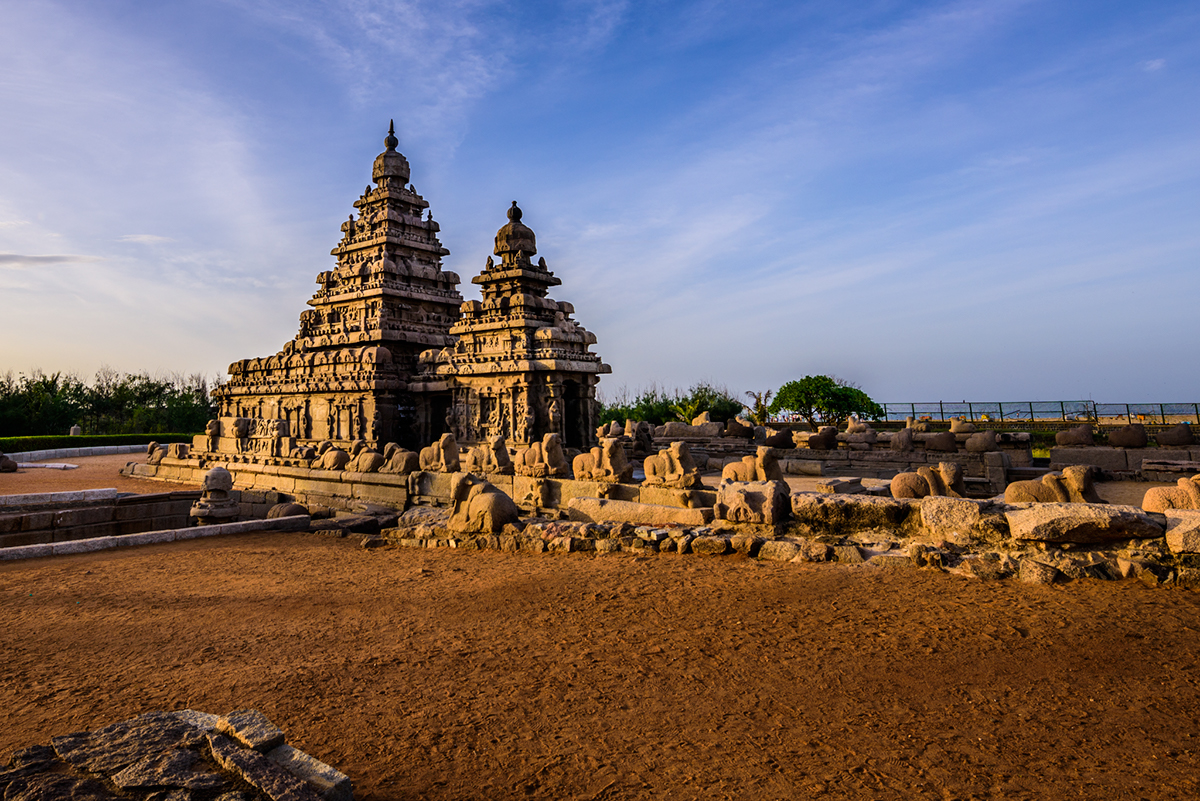Walima holds a special place in Islamic culture, celebrated as a formal event to mark significant milestones, particularly marriages. Rooted in Islamic traditions and values, the walima is more than a mere festivity; it is an expression of gratitude, joy, and community spirit. This article explores the meaning of walima, its purpose, and the various practices surrounding it.
What Does Walima Mean?
The term “walima” is derived from the Arabic root word w-l-m, which means “to gather” or “to assemble.” Traditionally, walima refers to a feast hosted by the groom’s family to celebrate and announce the union of marriage publicly. It is deeply embedded in Islamic customs and carries spiritual, social, and cultural importance.
The Significance of Walima in Islam
Walima is a Sunnah (practice) of Prophet Muhammad (PBUH), making it a recommended act for Muslims. It holds a multifaceted significance:
- Expression of Gratitude: It serves as an opportunity to thank Allah for the blessings of marriage.
- Public Announcement: The event ensures that the marriage is publicly known, fulfilling the Islamic principle of openness.
- Strengthening Social Bonds: By gathering loved ones, friends, and community members, walima fosters unity and goodwill.
- Charitable Act: Sharing food with the less fortunate reflects the Islamic value of generosity.
How to Organize a Walima Feast
Organizing a walima requires thoughtful planning and adherence to Islamic principles.
1. Choosing a Venue
- Can be hosted at home, a banquet hall, or an open garden.
- Ensure the setting is modest yet welcoming for all attendees.
2. Preparing the Feast
The food served at a walima is central to the event. Popular dishes include:
- Rice dishes like biryani or pilaf.
- Meat-based curries such as lamb or chicken.
- Bread varieties like naan or paratha.
- Desserts, including kheer, baklava, or cakes.
3. Inviting Guests
- Invite family, friends, and community members.
- Include people from all walks of life, emphasizing inclusivity.
4. Decorations and Ambiance
- Keep decorations elegant and simple.
- Use floral arrangements or traditional motifs to enhance the atmosphere.
5. Following Islamic Guidelines
- Avoid extravagance or wastefulness.
- Maintain a respectful and joyous environment.
Etiquette for Attending a Walima
As a guest, adhering to proper etiquette is essential:
- Dress Appropriately: Wear modest and culturally appropriate attire.
- Bring a Gift: Consider practical or symbolic gifts for the couple.
- Participate Respectfully: Engage in the festivities with gratitude and joy.
- Avoid Extravagance: Be mindful of the event’s spiritual significance.
Walima in the Modern World
With evolving lifestyles, walima celebrations have adapted to contemporary settings. For instance:
- Smaller, intimate gatherings in urban areas.
- Virtual celebrations via online platforms for distant family members.
- Eco-friendly practices like using biodegradable tableware.
While modernization influences the format, the core values of gratitude, sharing, and unity remain intact.
Frequently Asked Questions (FAQs)
1. What is the primary purpose of walima?
The primary purpose is to celebrate the marriage, announce it publicly, and express gratitude to Allah.
2. Can walima be a small gathering?
Yes, a walima does not need to be extravagant. The essence lies in sharing joy and blessings with others.
3. Is walima limited to marriages?
While commonly associated with weddings, walima can also be hosted for other joyous occasions, such as the birth of a child or returning from Hajj.
4. Who should organize the walima?
Traditionally, the groom’s family organizes the walima, but it may vary based on personal preferences and circumstances.
5. What if a family cannot afford a walima?
Islam emphasizes simplicity and discourages extravagance. A small gathering with close family and friends suffices.
Conclusion
The walima is a beautiful blend of Islamic values, cultural traditions, and social harmony. It symbolizes gratitude to Allah, celebrates the sanctity of marriage, and brings people together in joy and unity. While its scale and style may vary, the purpose of walima remains consistent: to share blessings, foster connections, and uphold the spirit of community.
Whether grand or modest, a walima is a heartfelt celebration of love and gratitude, leaving lasting memories for the couple and their loved ones.












